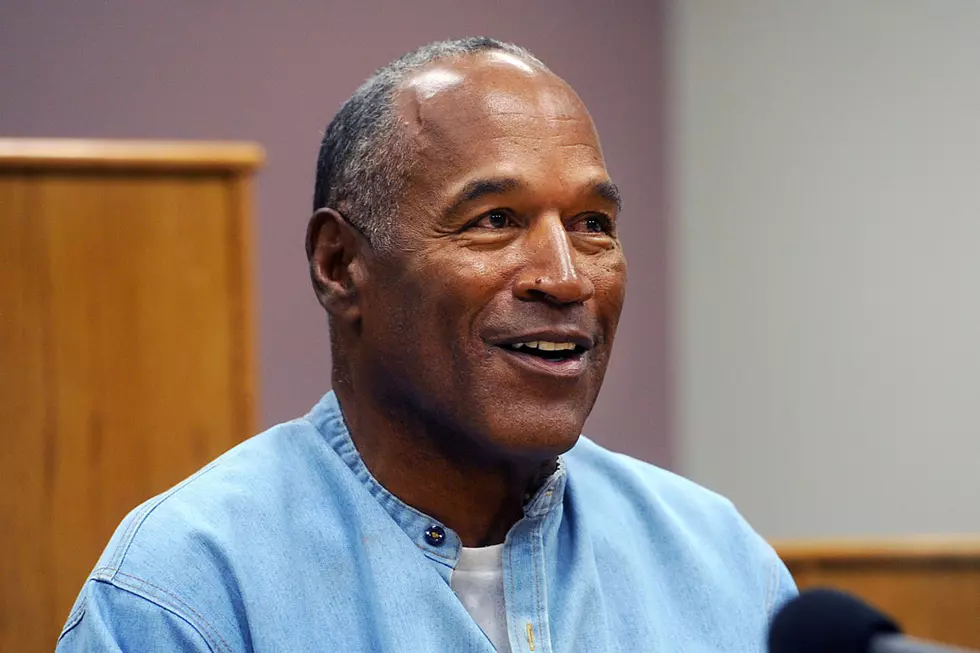
Jay Z Sees Victory In ‘Big Pimpin’’ Sample Suit
Update: Judge Christina Snyder has ruled that the nephew of Egyptian composer Baligh Hamdi doesn't have a valid claim against Jay Z and "Big Pimpin" producer Timbaland, Billboard reports.
“Fahmy lacked standing to pursue his claim,” said Snyder on Wednesday (October 21). “In light of that decision, it will not be necessary to submit to the jury whether ‘Big Pimpin’’ infringed ‘Khosara Khosara.”
“I had to hear the testimony of Egyptian law experts in order to reach that decision," she continued. Jay Z can commence brushing that lawsuit-dirt off his shoulder.
Original post: Flashback: It's the 1950s, and Egyptian composer Baligh Hamdi has just completed a new love ballad entitled "Khosara Kohsara."
Jump ahead to 1999: Jay-Z records a song entitled "Big Pimpin'" with Timbaland that samples flute notes from Hamdi's ballad.
Return to present day: Jay-Z and Timbaland appear in court in Los Angeles on charges of copyright infringement from Hamdi's nephew Osama Ahmed Fahmy, Billboard reports. Their combined 25 Grammy Awards can't protect them from accusations that they neglected to obtain permission from Hamdi's heirs to use any part of "Khosara Khosara."
Although Jay-Z and Timbaland claim they obtained proper permission in 2001, and despite a monetary settlement of $100,000 that same year, the legal battle rages on, with Fahmy trying to sue for violation of his uncle's "moral rights," even though such a legal concept is enforceable only in Egypt.
This lawsuit will have undeniable consequences for the music industry, especially hip-hop and other related genres, because it threatens to make it more difficult and more expensive for artists to sample other works. Indeed, as intellectual property lawyer Jonathan Steinsapir told Billboard, those rising costs could very well price out entire genres.
But this lawsuit has additional consequences that extend much further than just the music industry. Filmmaker Kirby Ferguson argues that we live in a "remix culture," wherein all of our creative/artistic outputs are derived from previous works. In a digital age, then, everything is remix—from internet memes to Wikipedia, from Jacques Lu Cont to Banksy.
If we depend on the ability to draw from, sample, or integrate elements from other works to create new ones, then crying "copyright infringement" at every opportunity will only halt the progress of (remix) culture. While this doesn't mean that we should steal intellectual property at will (copyright, after all, exists for a very good reason), it does mean that we should exercise better discretion when trying to determine whether something is a malicious remix.
At the end of the day (or the trial, in this case), that is precisely what Jay-Z and Timbaland are trying to argue, albeit in different terms: The liner notes for his album Vol 3...Life and Times of S. Carter prove that they took the necessary measures to avoid copyright infringement.
Whether those liner notes are enough, however, is ultimately up to the jury. Revisit "Big Pimpin'" below, and deliver your own verdict.
More From PopCrush









